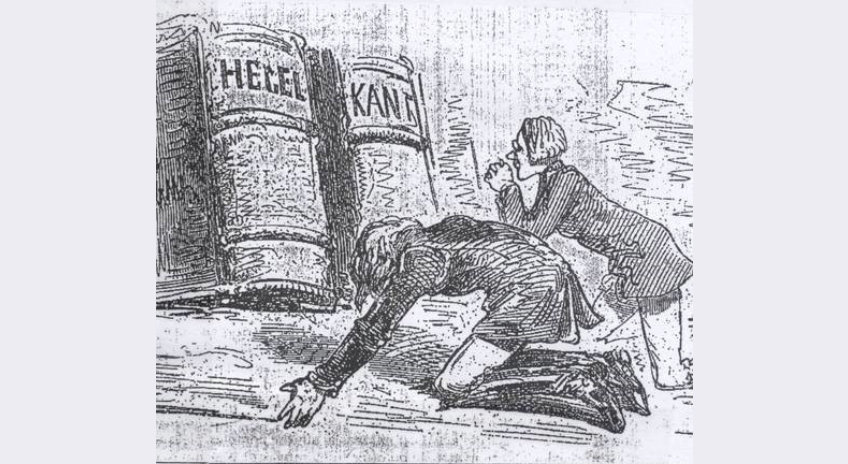
Reasonable Punishment? The Presence of German Idealism in the Theory of Punishment
The aim of this interdisciplinary research project is to evaluate from today’s perspective the dispute regarding whether punishment ought to be justified on retributive or on preventive grounds – a dispute that has been ongoing in Germany since the end of the eighteenth century and whose most influential protagonists were Kant, Fichte, and Hegel. In evaluating this dispute, the project also seeks to critically explore the potential that these authors can have for contemporary penal theory. Despite the historical distance of 200 years, both historians of philosophy and legal philosophers not only continue to toil over Kant’s, Fichte’s, and Hegel’s justifications of criminal law and state punishment but also often see in these approaches central elements of justification that maintain validity today.
It is unclear, however, whether and to what extent the “paradigmatic attributions” (e.g., Kant and Hegel as representatives of an absolute theory of punishment, Fichte as a representative of a relative theory of punishment) are justified. It is also necessary to clarify to what extent the aforementioned theories of punishment represent positions accessible solely against the background of the respective underlying philosophical theories or whether they address generalizable topoi of the discourse, initiated by Beccaria, on the “right justification of punishment” and the “reasonable criminal law.” Here, the research project aims to undertake a philosophical-historical verification and specification of the criminal-law theories of Kant, Fichte, and Hegel.
Moreover, the critical potential of these authors for contemporary theories of punishment is disputed. While some authors draw direct connections in their work to Kant, Fichte, or Hegel and want to ensure their influence on contemporary debate even today, others reject a direct invocation of these theorists, pointing to insurmountable, metaphysically demanding presuppositions. Criminal law and the justification of punishment, this latter group argues, must take place solely within the boundaries of positive, constitutional requirements. This position, in turn, is taken as an opportunity – primarily in analytical philosophy – to liberate Kant, Fichte, and Hegel from such premises and thus to make them accessible again today. The project will clarify which of these paths normative theory-building in the wake of Kant, Fichte, and Hegel can take.
| Expected outcome: | workshop und volume |
|---|---|
| Project language: | German |
| Picture: | © University of Leipzig; Original: Illustration “Latter-Day Reformers” aus “The New Hyperion. From Paris to Marly by way of the Rhine” |








